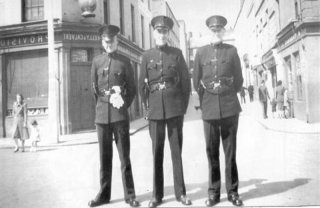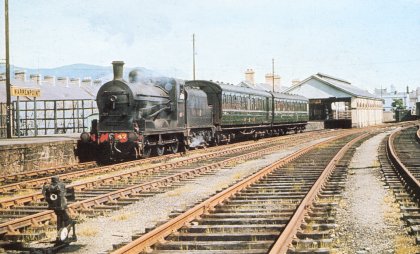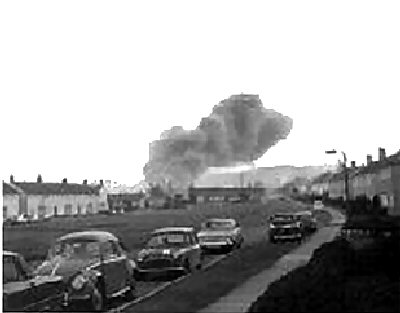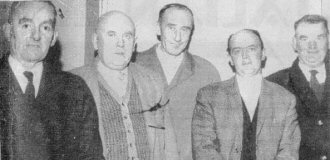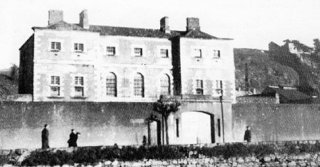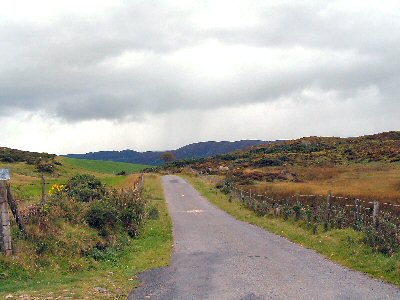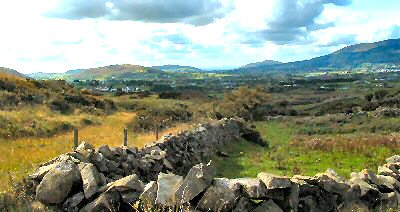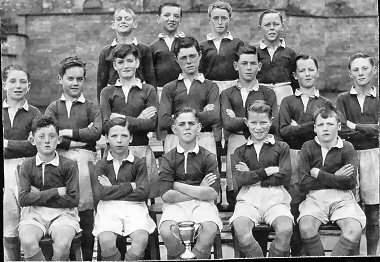There was a great variety of feelings palpable in the attitudes and the demeanour of Newry people in the immediate aftermath of the 1921 Government of Ireland Act : anger dominated – at forcible inclusion in the Six County State, but the people, though largely nationalist, were divided denominationally and politically, and each side was resentful of things from the recent past and suspicious of the other side’s every move. Yet apprehension for the future was the overriding feeling.
Living History
Historical articles covering the last 60 years
Demob crazy Black and Tan
It was late summer of 1922 when we boarded a train at
Newry Civil Rights March 1972
We thought it necessary to put our video of the Newry Civil Rights March (6 Feb 1972) in context. Our journalist Tom McKeown shot this short footage (more will follow) in 8mm cine. It was exactly a week after
‘Paddy O’Hanlon and John Hume proposed another march in
Social Housing Needed
I am constantly shocked at the dilapidated state of our town’s streets, at the numbers of abandoned and derelict buildings and yes, at the run-down state of many of the business premises. All of this is in marked contrast with the showy opulence of suburbia, which by the way, stretches now deep into our once pristine rural heartlands. All of this begs the question, just where did all that investment money from the International Fund for Ireland and the European Union go?
Tommy McGrath
Our Council of the 1960s, under pressure from Government departments and various interest groups, capitulated to demands to raze an historic and much loved part of our town to make way for the principal trunk road between Ireland’s major cities of Belfast and Dublin. The decision was incomprehensible. And very unpopular
Prisoners in Bridewell
The Bridewell, where the army was stationed during the war, was the largest and most impressive building in our district and the more mysterious for housing those not of our nation – much less of our area.
Wartime Smuggling
Smuggling reached a peak in the War years. The British enforced a blockade of the ports of the neutral Irish Free State and consequently there were many items available to us in the North that were not for sale in the South. It cut the other way too! Things were not requisitioned there for the war effort. For example they had plenty of cloth and the Dromintee pahvee came into his own.
